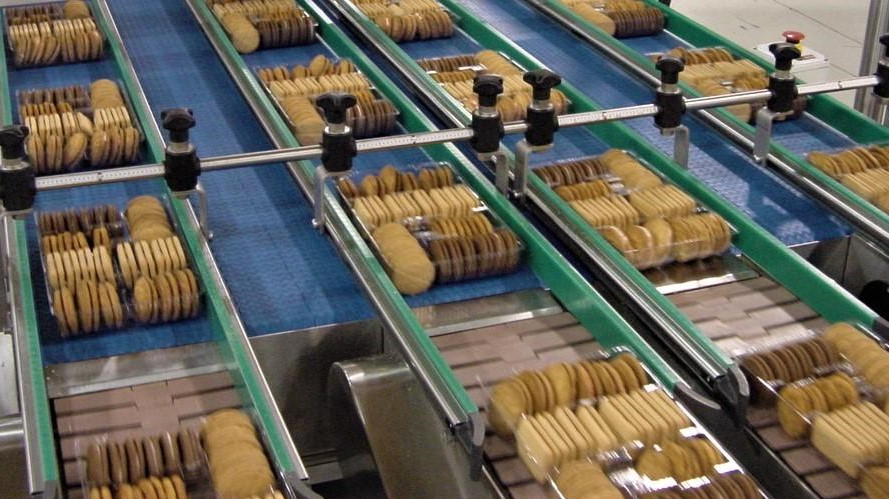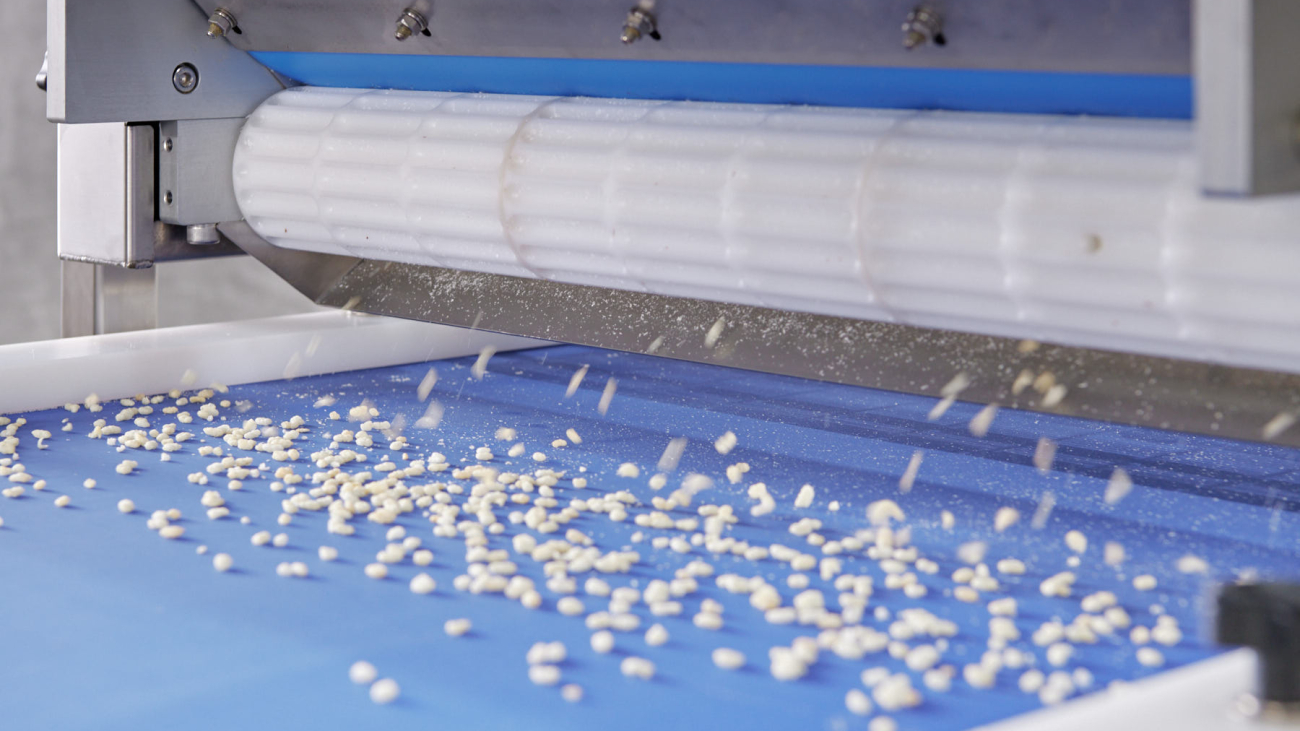In the fast-paced world of food manufacturing, efficiency and precision are paramount. One of the key factors revolutionizing the industry is the adoption of conveyor-based material handling solutions. These systems are more than just a modern marvel; they’re the future of food production. In this article, we’ll explore the numerous benefits of automation in food manufacturing and how conveyor systems play a pivotal role in this transformation.
Introduction
The food manufacturing industry has seen significant growth in recent years. With increasing demand for a wide variety of food products, manufacturers are constantly seeking innovative ways to boost productivity, maintain quality, and reduce operational costs. Conveyor-based material handling solutions are at the forefront of this revolution, offering a range of advantages that are hard to ignore.
1. Enhanced Efficiency
Conveyor systems are designed to streamline the production process. They eliminate manual handling, reducing the risk of errors and accidents. In food manufacturing, where precision and consistency are crucial, conveyors ensure that raw materials move smoothly through each phase of production, from sorting and processing to packaging.

2. Increased Productivity
Automation significantly boosts production rates. Conveyors can operate continuously, 24/7, without the need for breaks or rest, leading to a substantial increase in output. This is particularly valuable in meeting high-demand periods and ensuring on-time delivery.
3. Improved Quality Control
Conveyor systems offer a level of control and consistency that manual processes cannot match. Each product is transported in a controlled environment, reducing contamination risks and ensuring that the final product adheres to strict quality standards.
4. Cost Savings
While the initial investment in conveyor systems may seem significant, the long-term cost savings are substantial. Reduced labour costs, decreased waste, and increased production efficiency all contribute to a healthier bottom line.
5. Flexibility and Scalability
Modern conveyor systems are highly adaptable. They can be customized to meet the specific needs of a food manufacturing facility. As your business grows, these systems can be expanded and modified to accommodate increased production requirements.
6. Hygiene and Safety
Food safety and hygiene are paramount in the industry. Conveyor systems can be designed with easy-to-clean materials and features, reducing the risk of contamination. Moreover, they minimize the need for human contact with food products, further enhancing safety.
7. Real-time Monitoring and Control
Many conveyor systems are equipped with advanced control systems that allow real-time monitoring and adjustments. This means that any issues can be identified and addressed promptly, reducing downtime and production interruptions.
Conclusion
Conveyor-based material handling solutions are a game-changer in the food manufacturing industry. They offer a multitude of benefits, from enhanced efficiency and productivity to improved quality control and significant cost savings. In an increasingly competitive market, companies that embrace automation through conveyor systems gain a clear advantage. As the demand for quality food products continues to rise, the adoption of these solutions will likely become a standard practice, shaping the future of food manufacturing.
Embrace the future of food manufacturing today with conveyor-based material handling solutions, and experience the remarkable benefits they bring to your production processes. Your business’s success may depend on it.

